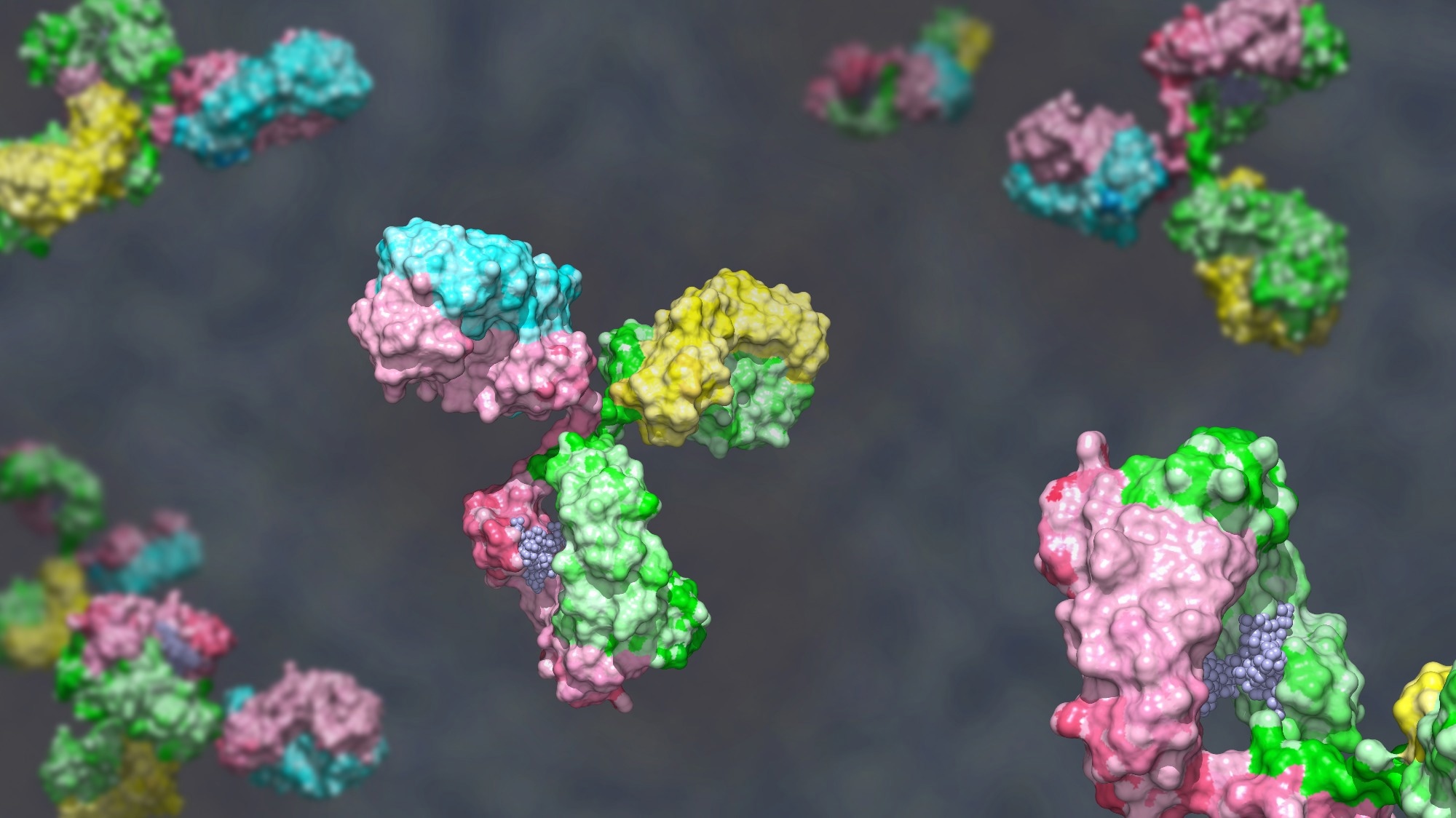In a recent study published in the Journal of Medical Virology, Italian researchers investigated the presence of severe acute respiratory syndrome coronavirus 2 (SARS-CoV-2) ribonucleic acid (RNA) and antibodies (Abs) in the milk of breastfeeding mothers with SARS-CoV-2 infections.
 Study: DETECTION OF SARS-COV-2 RNA AND ANTIBODIES IN BREAST MILK OF INFECTED MOTHERS. Image Credit: Huen Structure Bio / Shutterstock
Study: DETECTION OF SARS-COV-2 RNA AND ANTIBODIES IN BREAST MILK OF INFECTED MOTHERS. Image Credit: Huen Structure Bio / Shutterstock
Breast milk is the recommended food source for newborns since it provides immune protection and essential substances for the newborns’ growth and development; however, a few viral infections may be contraindicated for breastfeeding, such as maternal human immunodeficiency virus (HIV) acquired immunodeficiency syndrome (AIDS) and primary cytomegalovirus (CMV) infections.
Understanding humoral responses to SARS-CoV-2 among lactating females and the extent to which protective maternal Abs are transferred from the mother to the newborn via breast milk is critical in understanding immune protection against SARS-CoV-2 in utero and post-birth.
About the study
In the present study, researchers explored breast milk as a potential source of SARS-CoV-2 and anti-SARS-CoV-2 Abs transmission to newborns.
At the time of delivery, serum and breast milk samples were obtained from May to December 2021 of 12 lactating women diagnosed with coronavirus disease 2019 (COVID-19) based on SARS-CoV-2 presence in their nasopharyngeal swab samples. Samples were obtained irrespective of the time and clinical presentation of the SARS-CoV-2 infection.
Real-time reverse transcription-polymerase chain reaction (RT-PCR) analysis was performed for SARS-CoV-2 RNA detection and viral load assessment. In addition, the titers of immunoglobulin G (IgG) and IgM against the SARS-CoV-2 spike (S) protein and IgA against the SARS-CoV-2 nucleocapsid (N) protein in maternal sera and breast milk were assessed. Aliquots of whole milk and sera were used for anti-N IgA detection, whereas aliquots of sera and skimmed milk were used for anti-S IgM and anti-S IgG detection.
Results and discussion
The mean age of the participants was 27 years, and the average Ct (cycle threshold) value for the nasopharyngeal swab samples was 28. All breast milk samples (lipid constituent, skimmed milk, and whole milk) were devoid of SARS-CoV-2 RNA, and 66% (n=8) of women showed serum anti-N IgA titers (mean index value of 2.2) in their breast milk, of which, anti-S IgG and anti-S IgM titers were present in only one sample. Three samples showed only anti-S IgG titers.
The remaining mothers (n=4) with anti-N IgA in their breast milk did not have anti-SARS-CoV-2 Abs in their serum. Further, 34% of mothers didn’t demonstrate any Abs against SARS-CoV-2 in breast milk and sera, except for one lactating female who showed serum anti-N IgA and anti-S IgG titers.
IgA detected predominantly in breast milk can induce humoral responses in the gastrointestinal (GI) mucosa for adequate protection against SARS-CoV-2 infections in infants. The absence of anti -S IgG and anti-S IgM in sera of the majority of participants may be due to sera sampling in the initial seroconversion phase.
Overall, the study findings showed that breastfeeding by SARS-CoV-2-positive mothers is safe and should be encouraged as breast milk transmits maternal protective anti-SARS-CoV-2 Abs such as anti-N IgA that protects the infant while the infant’s immunological system is yet to mature, following the guidelines put forth by World Health Organization (WHO). However, further research is needed to determine precisely the role of breastfeeding in SARS-CoV-2 transmission.
Study limitations
The study limitations include a small sample size for characterizing humoral immune responses to SARS-CoV-2 in breast milk and the impossibility of evaluating the analysis results concerning the maternal SARS-CoV-2 infection duration since SARS-CoV-2 infections had a low prevalence among pregnant women and follow-up difficulties.